Ever wondered what actually happens during a dental visit? In this friendly Brisbane guide, I’ll break down everything from what a dental checkup and clean involves to how much it costs and how to care for your pearly whites afterward.
Picture, you settle into the dentist’s chair (maybe feeling a bit like it’s a ride at a theme park – minus the loop-de-loop), and your dental professional (say, someone like Dr Herman) greets you with a reassuring smile.
Before you know it, you’ll be learning about how oral health keeps your whole body happy, all while having plaque banished from your teeth. Spoiler: routine cleanings can be surprisingly easy and even a little soothing once you relax.
What is a Dental Checkup and Clean?
A dental checkup and clean usually happens in a clinic and is performed by a dentist and/or dental hygienist. Think of it as a combined exam and a deep clean for your teeth and gums. During the checkup part, your dentist (or oral health therapist) examines your mouth closely – looking at teeth, gums, tongue, and more – to spot any issues like cavities or gum problems.
They’ll often ask about your dental history and habits, and might take X-rays if needed. Once that’s done, the clean begins. A dental hygienist will use specialized tools (often including an ultrasonic scaler or an air-polisher) to gently remove plaque, tartar and staining around your teeth and along the gum line.
Finally, a fluoride treatment is usually applied to strengthen enamel and freshen breath. In short, the combo of checkup+clean means you leave with a healthy, polished smile.

This process might sound technical, but it’s really just your dental team helping you “reset” your oral health. For example, many clinics describe it like this: first the dentist will review your health and concerns and carefully check your mouth for any weaknesses or issues.
Then the hygienist steps in to clean: using modern tools to remove plaque and tartar from teeth and gums, and ending with a fluoride treatment to keep your teeth extra-strong. Even after all that, you’ll probably feel clean and refreshed – much like after a car service for your teeth, but with minty fresh breath on top!
Why You Need Regular Checkups
You might think, “My teeth feel fine, why go to the dentist?” But here’s the scoop: health experts recommend seeing your dentist every 6 to 12 months to catch small problems early. Even if nothing hurts now, hidden issues can be brewing.
A checkup and clean is like going to the doctor for a tune-up; it’s much easier (and cheaper) to fix a tiny cavity now than deal with a big toothache later. Regular check-ups can prevent issues before they become painful, costly or difficult to treat.
In other words, staying on top of those appointments means fewer emergency visits and happier smiles in the long run.
It’s a bit like car maintenance or seeing your GP – you wouldn’t skip oil changes or health check-ups, right? In the same way, taking care of your teeth keeps you eating, talking, and smiling comfortably.
In Queensland, there’s even a government-funded plan for kids (the Child Dental Benefits Schedule) to cover routine care. And for adults in Brisbane, state-run clinics may provide free or low-cost services if you qualify — the Queensland Government notes that public dental care is funded by the government and provided free to eligible people.
So if cost is a worry, it’s worth checking if you can get a free or subsidised appointment through public health programs in QLD. Either way, skipping checkups can leave plaque and small issues to snowball into bigger health headaches.
Step-by-Step: What Happens at Your Checkup
So, you’ve walked into the Brisbane clinic, taken a seat, and the adventure begins. Here’s a quick step-by-step rundown of what usually happens:
- Health chat: Your dentist (like Dr Herman or someone equally friendly) will ask about your general health and any concerns. Coughing a bit? Had a mouth sore? Let them know – it’s all relevant.
- Mouth exam: Using a small mirror and probe, the dentist inspects your teeth, gums, tongue, cheeks and all the nooks of your mouth. They’re checking for cavities, early signs of gum disease, or any wear-and-tear on your enamel.
- X-rays (if needed): If it’s been a while or if something looks suspicious (like a hidden cavity), the dentist might take bitewing X-rays. These help see between teeth and under the gums.
- Cleaning: Now the fun part (well, as fun as dental cleanings get). A dental hygienist will clean your teeth with an ultrasonic scaler or air-polisher, scraping away plaque and hardened tartar above and below the gum line. This is the part that actually removes that coffee or red wine stain you’ve been holding onto.
- Polish and floss: After scaling, the hygienist polishes your teeth with a gritty paste (like giving them a gentle buff and shine) and flosses between each tooth. This makes surfaces smooth and removes any debris.
- Fluoride: Often the final touch is a fluoride varnish or rinse to re-mineralize your enamel and protect against cavities. Many people feel minty-fresh at this stage!
- Discussion & plan: Once the cleaning is done, the dentist will recap: “Hey, I see a couple of small fillings needed, or your gums are healthy, or watch those wisdom teeth.” You’ll get personalized advice on brushing technique, scheduling your next check-up, and any treatments to consider (like fillings or whitening).
If at any point something feels uncomfortable (sensitive gums or a nerve), speak up – your dentist can take breaks, use extra numbing gel, or even discuss sedation options. Modern dentistry is very gentle, and if you ever feel anxious, specialists will guide you calmly through it.
And remember, if an actual emergency occurs (like a sudden toothache or a chipped tooth outside of normal hours), knowing where to find an emergency dentist brisbane can save the day. These urgent-care dentists can handle pain relief, broken teeth or infections quickly, so you can resume daily life (or that important meeting) pain-free.
How Much Does a Checkup and Clean Cost in Brisbane?
One big question is, naturally: “What’s this going to cost me?” The answer: it varies by clinic, offers, and insurance. In private practice in Brisbane, a standard check-up + clean often runs from about $150 up to $300 or more without insurance. Many clinics run specials for new patients.
| Clinic / Location | Check-Up & Clean Price (AUD) | What’s Included |
|---|---|---|
| Brisbane Smiles (multiple clinics) | $230 (new patient special, usually $280) | Comprehensive exam & clean, polish, fluoride treatment |
| Amitis Dental (Fortitude Valley) | $149 (new patient special) | Full check-up & cleaning |
| Brisbane CBD Dental (CBD) | $220 (new patient special) | Exam, X-rays, clean, polish, fluoride |
| Dental 99 (various locations) | $99 | Check-up, cleaning, X-ray (very low-cost option) |
Example Brisbane pricing (as of 2025). Actual costs may vary based on the treatments your dentist recommends.
These prices (all in Australian dollars) illustrate the range. The “special” prices are often for new patients or package deals. Once you’re a regular, some clinics will cap your 6-month recall at a fixed fee (for instance some clinics cap future cleans at around $245). Without specials, a typical follow-up check-up+clean might run closer to $250–$300. Many clinics also offer payment plans or ‘zip pay’ options to spread the cost.
If you have private health insurance with dental (extras cover), you can claim part of these costs back. Make sure to check your gap (out-of-pocket) before booking. And remember the caveat: Medicare usually won’t cover adult dental checkups, so you’ll mostly be paying out-of-pocket or via private cover. (Pro tip: if cost is a concern, look into Brisbane’s public dental clinics too – eligible adults on concession cards can get free basic care through Queensland Health.)
Preparing for Your Appointment
Before heading to the dentist, here are a few simple prep tips:
- Brush and floss thoroughly the night before or the morning of your appointment. Not only is this polite, it means the hygienist can focus on removing stubborn tartar (instead of surface food bits).
- Skip staining foods/drinks: Try to avoid coffee, tea or red wine right before your visit. That way, your teeth will look extra shiny post-clean!
- List questions: Write down any questions or concerns (e.g. “Why does this tooth feel sensitive?”). Dentists like Dr Herman appreciate patients being engaged and curious.
- Arrive relaxed: Wear comfy clothes and maybe listen to some chill music on the way. Remember, the dentist is on your side. Deep breaths in the waiting room can ease any nerves!
Basically, treat it like any other health check – nothing fancy needed except good oral hygiene beforehand. Trust me, when you sit back in the chair, you’ll already feel like you’re winning at adulting.
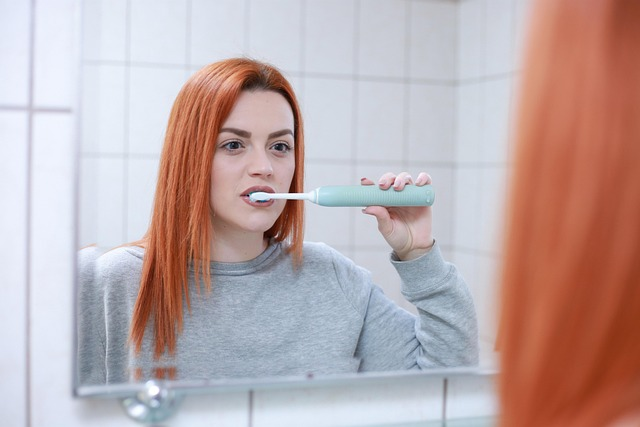
Aftercare: Keeping That Smile Healthy
After the appointment, congratulations – your teeth just got a mini makeover! To keep things on track:
- Be gentle on Day 1: Your teeth and gums might feel a bit tender or squeaky-clean. That’s normal. Brush normally but maybe skip aggressive flossing for a day if your gums feel a little sore.
- Fluoride is your friend: If your dentist applied fluoride, drink water after an hour and avoid eating or rinsing right away so the fluoride can sink in. Then resume normal eating.
- Rethink that snack: Right after, skip sticky or sugary treats for a bit (plaque loves to snack on sugar). Instead, stick to healthier snacks and don’t smoke or use tobacco. Aim for water or sugar-free gum to rinse any food away.
- Brush and floss (really): Continue good habits at home – brush twice daily and floss once a day. Think of flossing as the gold medal that cleans spots your brush can’t reach.
- Sensitivity tips: If your teeth feel sensitive to hot or cold, don’t panic. It’s common after a deep clean. Use a toothpaste for sensitivity and it should ease in a day or two.
- Schedule the next visit: Before leaving, set up your 6-12 month recall. Consistency is key. As one dentist friend quips: your teeth aren’t going to brush themselves!
Taking care of your mouth after cleaning is usually simple – mostly, just keep doing what you know (brushing/flossing) and listen to any specific advice your dentist gives. If any bleeding, pain or swelling lasts more than a couple days, let the clinic know.
Conclusion & Next Steps
At the end of the day, a dental checkup and clean in Brisbane is all about prevention and peace of mind. You’ve learned that it’s generally a straightforward, not-so-scary process: a professional clears out the bad stuff in your mouth (like plaque and tartar), checks for hidden issues, and sends you off with tips to keep your mouth healthy.
With examples above, you can see a typical Brisbane price range and what’s included, so you won’t get any nasty surprises. Remember, skipping the dentist because “nothing hurts” is a gamble – a small skip now can mean a big toothache (and expense) later.
So here’s a friendly nudge: why not book that check-up? Call your local dentist or make an appointment online. Even busy professionals deserve a few minutes to look after themselves. If you felt a bit anxious at the thought, recall that dentists like Dr Herman see patients every day and make it as painless as possible. Your future self (and your wallet) will thank you for avoiding painful problems down the road.
Feel free to share this guide with a mate who also needs their next dental clean. Have questions? Drop them below or bring them along to your appointment – dental teams love informed patients. Keep smiling bright, Brisbane!
FAQs
How often should I schedule a check-up and clean?
Generally dentists recommend once every six to twelve months. Some people with gum disease or other issues might need visits every 3–4 months. Your dentist will let you know the best frequency for your mouth.
How much will my dental check-up and clean cost?
It varies by clinic and what’s needed. On average in Brisbane, a basic check-up + clean is between $150–$300 without insurance. Many clinics run specials (from $99–$230 for new patients). Your actual cost depends on whether X-rays or extra treatments are needed. Always ask for a quote beforehand.
Will Medicare or private health fund cover the cost?
For adults, Medicare generally doesn’t cover routine dental care. You’d pay out-of-pocket or claim via private health insurance if you have extras cover. Most private plans cover part of the cost. Public dental clinics (for eligible pensioners or concession card holders) can be free or low-cost. Check your health fund and Medicare info if you’re unsure.
Is the cleaning process painful?
Typically no, cleanings aren’t painful. You might feel vibrations and a scraping sensation, which can be a bit ticklish or make you feel odd, but it shouldn’t hurt. If your teeth or gums are sensitive, let your dentist know – they can adjust the tools or apply a numbing gel for comfort.
How can I prepare for my appointment?
Do your usual morning routine: brush and floss well before you go. Avoid smoking right before the visit. Bring a list of any issues or questions (like tooth sensitivity or jaw clicking) so you don’t forget. If you have a medical history or medication list, have that ready too.
What should I do after the cleaning?
Resume normal dental hygiene (brushing and flossing) – in fact, keep it up diligently since your mouth is feeling extra clean. Use any products your dentist recommends (sensitivity toothpaste or special rinse). If a fluoride treatment was applied, follow their instructions (often waiting 30 minutes before eating). Don’t eat very hard or staining foods for a few hours. Stay hydrated and avoid smoking. And of course, stick to that 6-month follow-up schedule.
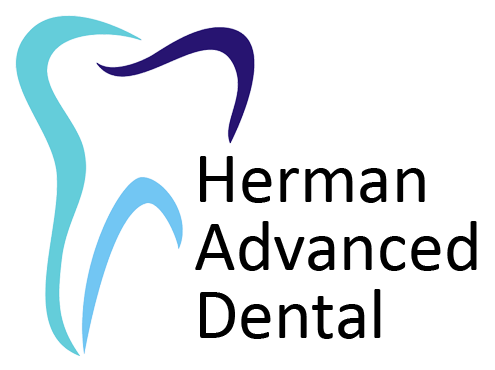
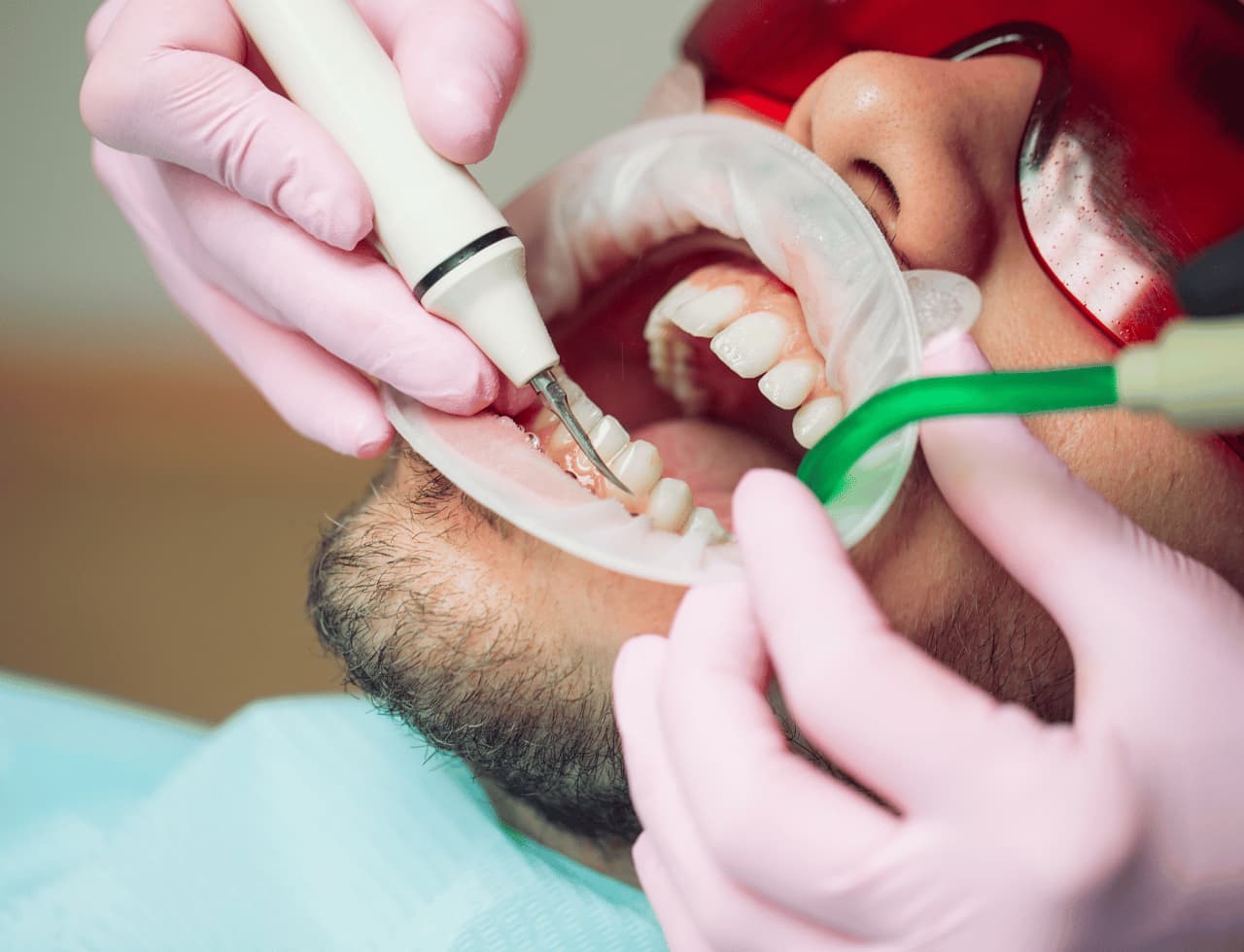
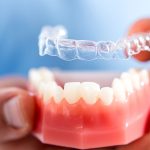
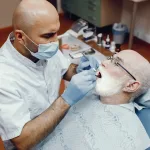
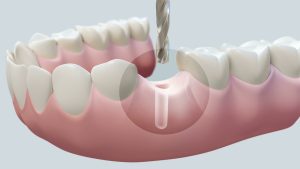
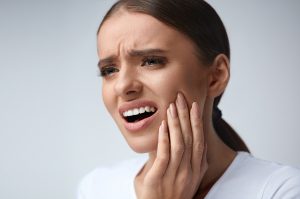
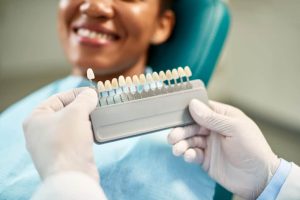
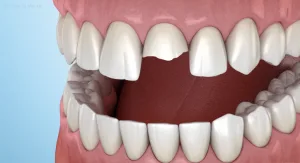
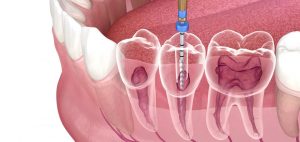
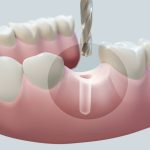
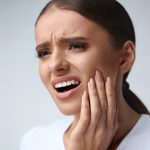
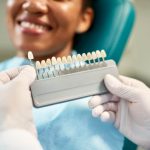
One comment
Pingback:
How to Fix Damaged Teeth Fast & Affordably